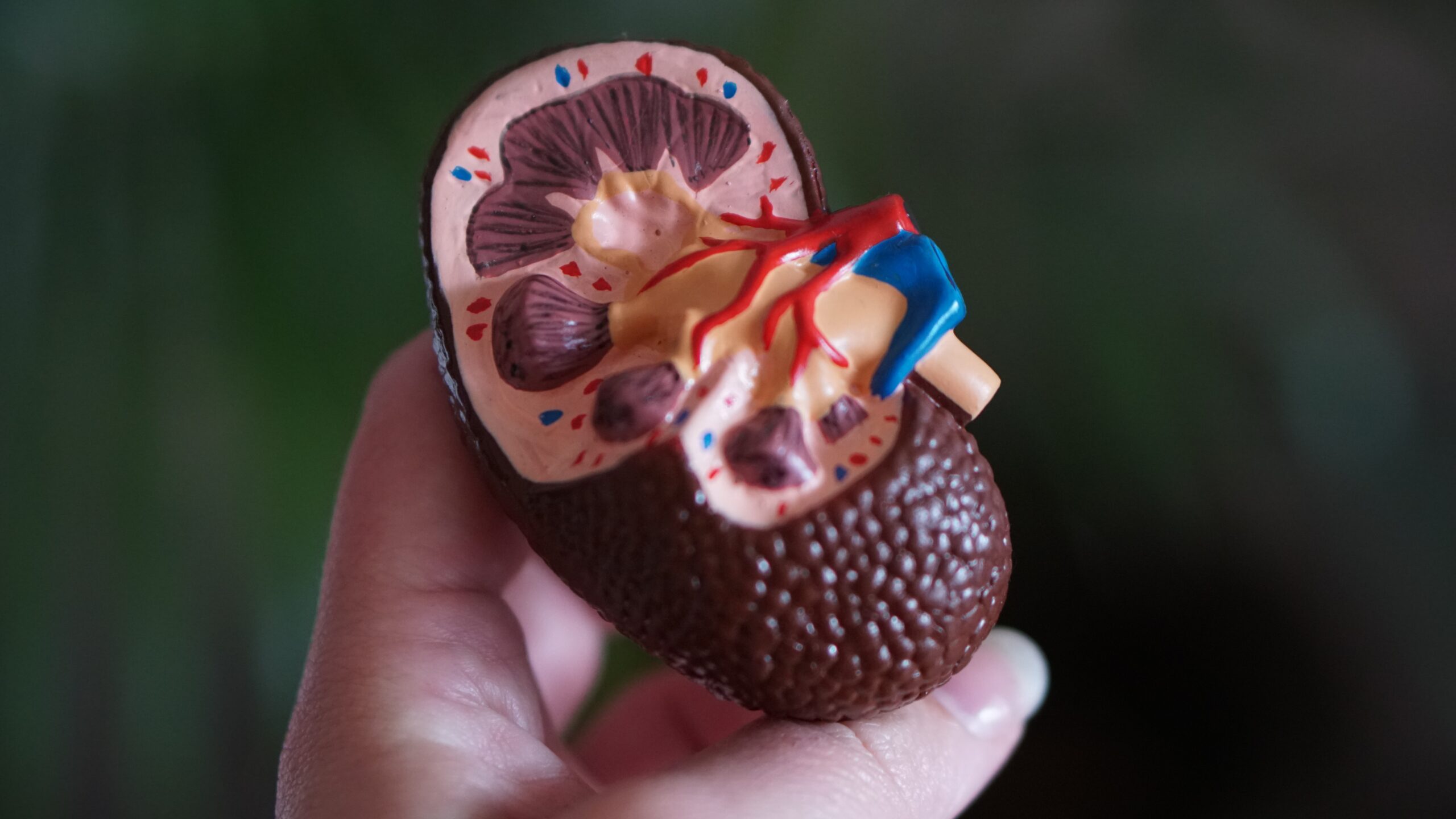When it comes to problems down under, open discussions can be rather difficult. Talking about your health concerns in detail can be embarrassing, especially since the urological field is mostly dominated by men.
Unfortunately, leaving these seemingly embarrassing symptoms in the dark can put your life at risk. As a woman, you are at risk for debilitating—sometimes fatal—urological problems. You’ll likely be experiencing pelvic pain, which can eventually lead to a painful vaginal prolapse or a nasty urinary tract infection, causing you to urinate blood.
Some conditions are worse than others, such as the onset of urinary tract infections and incontinence. Left untreated, you risk exacerbating symptoms, which can sometimes end up being fatal. Attempting to function with these conditions also affect your quality of life, making early intervention a non-negotiable.
To learn more about UTI and incontinence, here’s a quick guide for you. A little knowledge goes a long way, especially when it comes to decisions regarding seeking medical care:
A urinary tract infection is essentially an infection of the urinary system, which affects the kidneys, bladder, urethra, and ureters. It occurs due to bacteria, which usually enters the system through the urethra. UTI is most common among women, simply because of anatomy—women have shorter urethras, making the system extremely susceptible to bacterial infection.
Although not generally considered a serious condition, infections can be tricky to deal with. Once the infection spreads, it can interfere with kidney functions, leading to irreversible damages. Medical attention is necessary, as you will need to take prescription antibiotics.
Talking about UTI can be embarrassing for many, but it doesn’t have to be. Talking to your doctor early on will help prevent aggravating the symptoms, as the doctor will come up with a treatment plan that will work best for you.
Drinking plenty of fluids is also highly encouraged, as with other rather specific instructions, such as wiping front to back after urinating, as well as urinating after sexual intercourse.
Incontinence is regarded by patients as one of the most embarrassing conditions, as it essentially pertains to an involuntary release of urine. It’s most common for women, especially those who have just given birth or going through menopause. Such instances weaken the pelvic floor, thereby lessening the muscle control around the bladder more difficult for an individual.
Such symptoms can cause feelings of embarrassment, which can keep you away from participating in life. It can be a major nuisance, but urinary incontinence can be treatable. The first step is to visit your doctor and talk about your symptoms, and they’ll help curate a treatment plan to help curb your symptoms.
Although urinary problems are mostly regarded as embarrassing conditions, it’s imperative to seek the medical care you need. The female urology problems listed above are easily treatable, and it’s important that you remember that you are not alone. Your doctor is there to help you, and early intervention is key to keeping your urinary system healthy.
Don’t hesitate to consult your doctor for symptoms you may be experiencing. For the best urologists in New Jersey, UUANJ is ready to help. Our doctors continually strive to provide patients with comprehensive care, supported by state-of-the-art services for optimal results. Book an appointment today.
All content found on the UUANJ.COM Website, including text, images, audio, or other formats were created for informational purposes only. The content is not intended to be a substitute for professional medical advice, diagnosis, or treatment. Always seek the advice of your physician or other qualified health providers with any questions you may have regarding a medical condition. Never disregard professional medical advice or delay in seeking it because of something you have read on this website. If you think you may have a medical emergency, call your doctor, go to the emergency department, or call 911 immediately.


